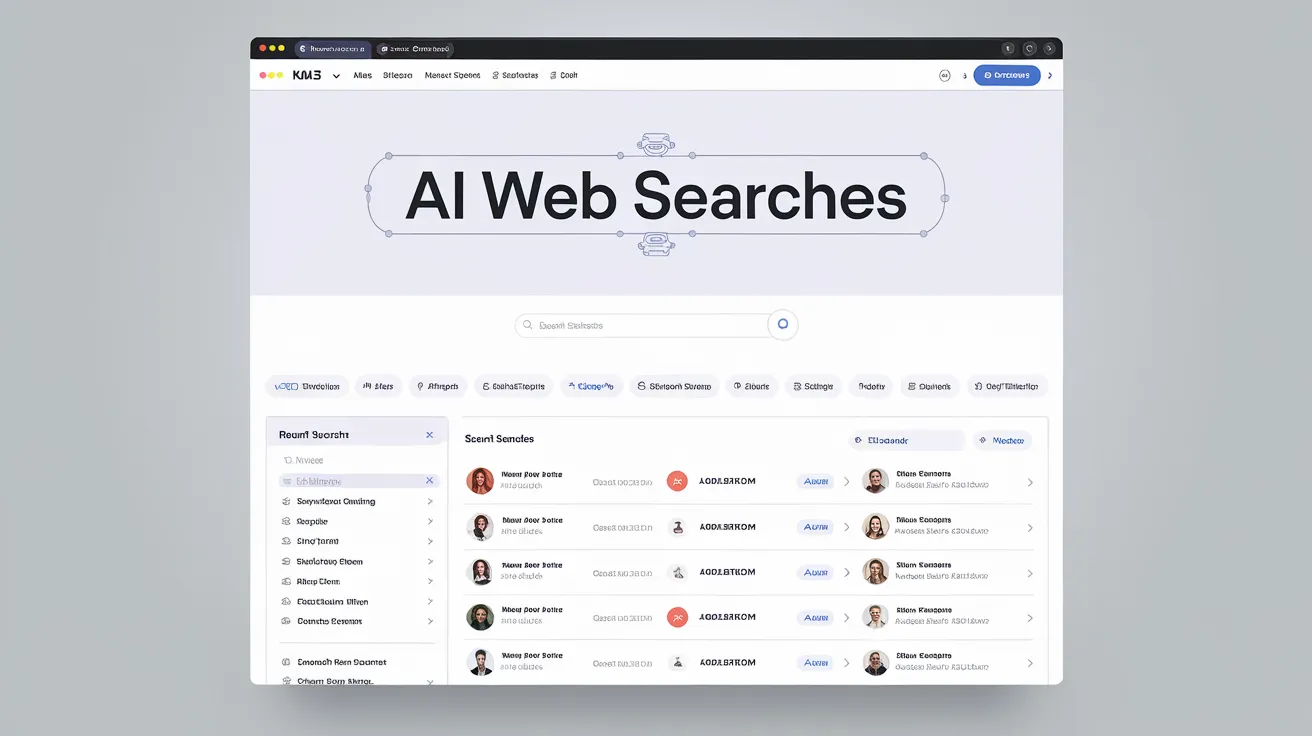Trusting AI Web Searches: A Critical Look

The debate surrounding aspartame’s potential carcinogenic properties has been persistent for decades, raising questions about its safety in everyday consumer products. While the World Health Organization has deemed aspartame possibly safe for consumption, public interest persists, revealing how even trusted sources can present varying narratives. This complexity exemplifies the challenges faced in the future of online searches, especially as generative AI chatbots take center stage.
In recent years, tech giants like Google and Microsoft have started integrating AI-generated summaries into their search engines, promising a more streamlined approach to finding answers. These chatbots claim to sift through vast amounts of information to deliver concise answers, yet concerns arise about the reliability of the sources from which they draw. Research by computer science experts from the University of California, Berkeley, indicates that the language models behind these chatbots may favor content heavy in technical jargon or keyword usage, overlooking critical aspects like scientific references or neutral language that contribute to trustworthiness.
This raises an important question regarding the nature of responses these chatbots provide. The dilemma persists: should chatbots simply curate existing search results, or should they rigorously evaluate evidence before providing conclusions? Alexander Wan, a co-author of the study, notes the implications of the second approach. Although it may seem more efficient, it places a heavy burden on chatbots to select trustworthy information.
Furthermore, the concept of generative engine optimization (GEO) has emerged in response to the capabilities of AI-driven searches. Businesses and content creators are now strategizing how to craft their content to ensure visibility in chatbot outputs, akin to SEO practices used in traditional search engine rankings. However, this manipulation raises ethical concerns, as companies may prioritize algorithm-driven visibility over authentic content quality.
Viola Eva, founder of Flow Agency, explains that improving rankings within AI systems involves considerations typically associated with PR and branding. The techniques used in GEO are still nascent; unlike the well-established rules of SEO, there are no clear guidelines for navigating the optimization landscape inherent to AI models. Although manipulation is possible, it can be a complex endeavor owing to the opaque nature of these algorithms.
As research continues, new strategies to influence chatbot responses are emerging. For instance, two Harvard researchers have shown that carefully constructed sequences of seemingly nonsensical text can manipulate chatbots into producing specific outputs. These tactics, while technical, reveal how susceptible chatbots can be to deliberate exploitation, raising alarms about the integrity of information presented to users.
While current SEO practices are far from flawless, they tend to maintain a level of visibility across various ranking tiers, providing broader access to information. In contrast, AI chatbots condense information, highlighting only a select few sources which could potentially render other reputable content nearly invisible. This centralization not only skews the visibility of quality content but endangers the diversity of perspectives online.
This poses severe implications for users. When presented with direct answers from chatbots, many users may neglect to investigate further, accepting the provided information as definitive. Martin Potthast, a language technologies expert, warns of the “dilemma of the direct answer,” where singular responses can mislead users into believing they are receiving the ultimate truth.
As Google pushes forward with AI-generated summaries, proclaiming its technology as a search assistant, discerning users may hesitate. The convenience of AI must be balanced against the integrity and reliability of information, a feat that may be lost if we overlook the fundamental flaws in how these systems are constructed and used, potentially allowing misinformation to flourish without user awareness.